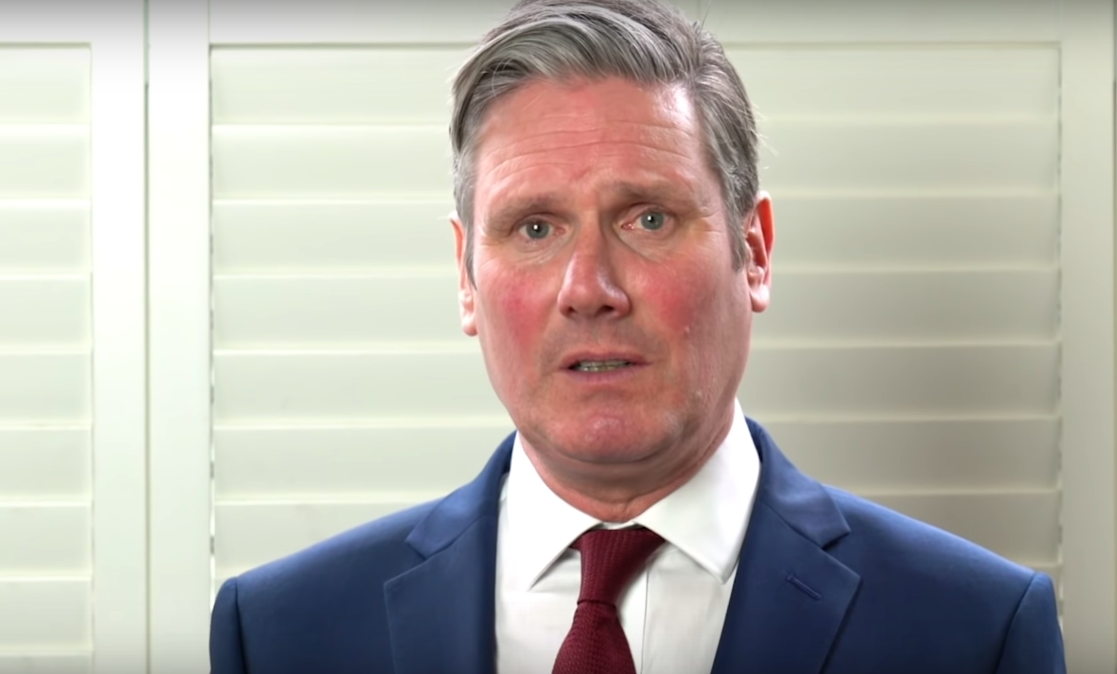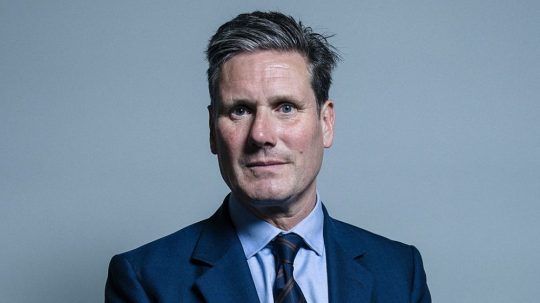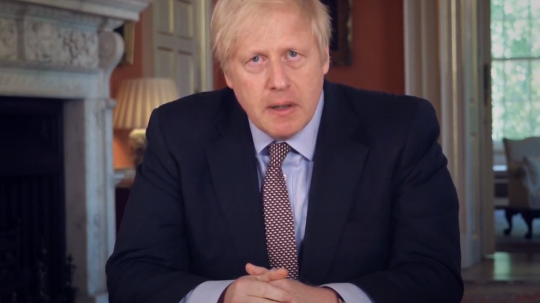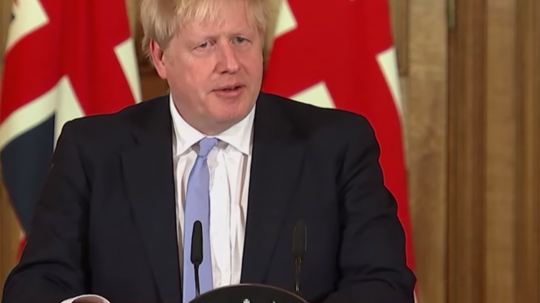Sir Keir Starmer has been elected leader of the Labour Party and has assembled his shadow cabinet.
The 57-year-old appointed his team on Monday (6 April) after defeating rivals Lisa Nandy and Rebecca Long-Bailey on Saturday.
It’s the honour and privilege of my life to be elected as Leader of the Labour Party.
I will lead this great party into a new era, with confidence and hope, so that when the time comes, we can serve our country again – in government. pic.twitter.com/F4X088FTYY
— Keir Starmer (@Keir_Starmer) April 4, 2020
Among the more surprising announcements is the return of former party leader Ed Miliband to the role of shadow energy secretary.
While Emily Thornberry, former shadow foreign secretary, will become shadow international trade secretary.
EachOther has taken a look at what Starmer and some of the most senior team members have said and done about our human rights.
Keir Starmer, party leader
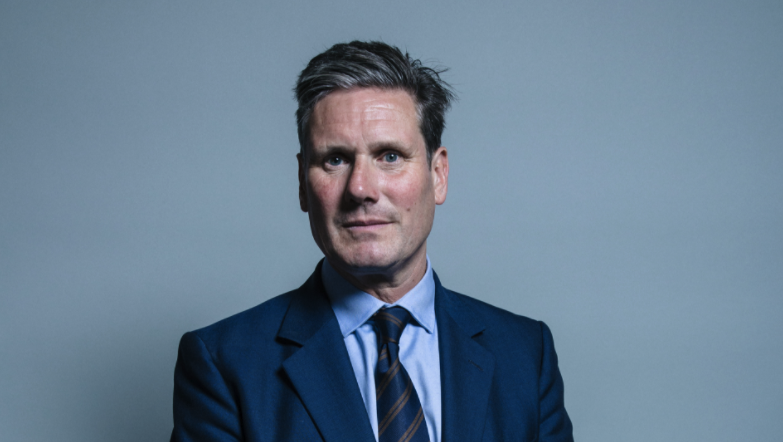
Keir Starmer. Image Credit: Parliament
In his victory speech Starmer vowed to “engage constructively” with the government to combat the coronavirus crisis. He said “we all rely on [the government] to get this right” and this means not providing “opposition for opposition’s sake.” But he assured he will be calling out instances of “mistakes and faltering government”.
The outbreak, and the government’s response to it, affects many of our rights including our right to life, health, to liberty and private and family life. Starmer has indicated that he would support the government in tightening coronavirus lockdown restrictions to protect lives.
Starmer also vowed to “tear out” the “poison” of anti-Semitism within the Labour Party and said he would judge his success by the return of Jewish members to the party. The Equality and Human Rights Commission is due to release a report on its investigation into allegations of discrimination against Jewish party members this year.
Starmer became an MP in 2015 and served as shadow Brexit secretary under Jeremy Corbyn’s leadership. A Remain supporter, he is thought to have played a key role in persuading the Labour leadership to adopt a second referendum position on Brexit, which many believe contributed to its poor election result.
He has consistently voted in support of equal gay rights, same-sex marriage, and for laws promoting equality and human rights. Hansard records indicate that he has spoken directly about human rights on at least 34 occasions during parliamentary sessions to date.
Starmer has said he supports reform of the Gender Recognition Act to include self-identification and non-binary identities and has said that trans rights are human rights. During the leadership race, unlike rivals Nandy and Long Bailey, Starmer did not a sign a 12-point pledge from the the Labour Campaign for Trans Rights (LCTR) amid a row over its wording. The card called for “transphobic” members of the party to be expelled and labelled campaign group Woman’s Place UK a “trans-exclusionist hate group”. Woman’s Place said this was a “mischaracterisation” of its campaign.
Before entering parliament, Starmer was a barrister specialising in human rights and worked on many high profile cases. After his human rights work, Starmer was appointed Director of Public Prosecutions (DPP). As DPP, helped secure justice for the family of Stephen Lawrence. He introduced a merits-based approach for rape cases, which aims to ensure rape cases are pursued in way that assumes juries will their make decision without relying on “rape myth” prejudices.
However, the number of rape cases charged, prosecuted and convicted has steadily plummeted. Campaigners accuse the Crown Prosecution Service of secretly moving away from the “merits-based” approach amid preoccupation with rape conviction rates.
Starmer also led the DPP at the time when it decided not to pursue further charges against black cab rapist John Worboys after he had been jailed for drugging and raping 19 women. A further 75 women had made allegations against Worboys. Starmer has said he had no involvement in the decision not to prosecute further and expressed sympathy with the victims.
He also been criticised for changing guidance on prosecuting benefits cheats, amid a narrative of right-wing moral panic, so that offenders could be jailed for up to 10 years.
Lisa Nandy, shadow foreign secretary
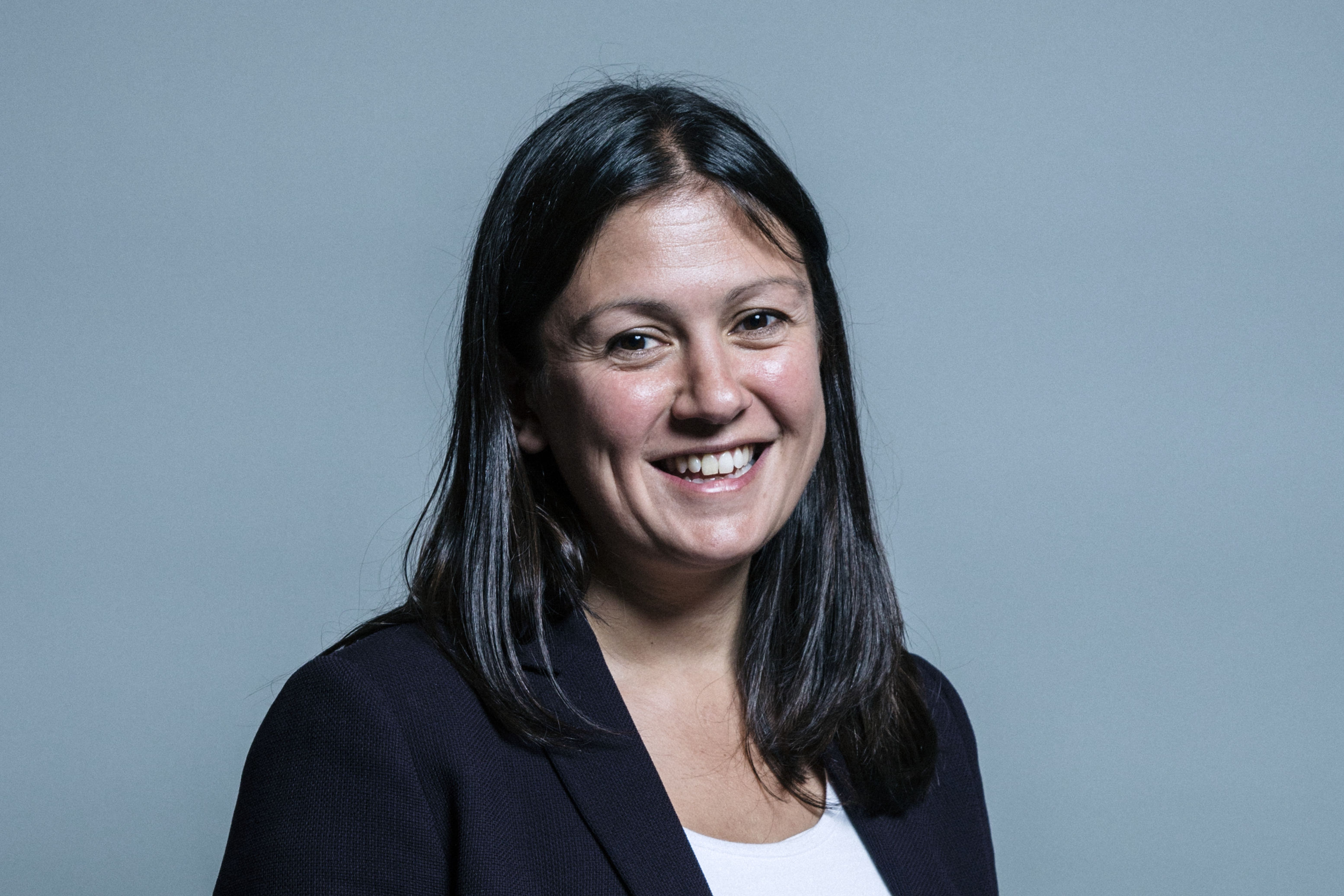
Lisa Nandy. Credit: Parliament
Lisa Nandy, who reached the final three candidates in the leadership race, has been appointed shadow foreign secretary. She was elected MP for Wigan in 2010, she had previously served as shadow energy secretary until she resigned following the 2016 Brexit referendum.
In January, she delivered a speech setting out her approach to international issues in which she argued for an ethical underpinning to global relationships. This included the military intervention when needed and refusing trade deals with countries that have not ratified the Paris agreement on climate change.
During the leadership race, Nandy described herself as being on the ‘soft left’ of the party. She has generally voted in favour of laws that promote equality and human rights. Hansard records show that she has spoken directly about human rights in parliament on ten occasions.
Unlike Starmer, Nandy signed the the Labour Campaign for Trans Rights’ (LCTR) 12-point pledge but later said its wording gave her “pause for thought”. At the time she said: “I decided to sign it in the end because I think that the sentiment of the pledge about protecting trans rights and about accepting that trans men are men and trans women are women is really important, especially at the moment with the level of discrimination that people face.”
In a 2018 debate on antisemitism, she said: “Labour has at times been the hope for people who were frightened of racism and anti-Semitism. For me, that is not historical fact; it is personal.
“My father was part of the small group of people who wrote the Race Relations Act 1976, the Sex Discrimination Act 1975 and the Human Rights Act into law and established the Equal Opportunities Commission, and they have had real, tangible benefits for me and my generation.
“The Labour party ought to be the light on the hill for people in times of darkness, and it shames us that we are a source of pain because a small group of people has been allowed a voice, and that demands concrete action.”
The MP is the daughter of Indian academic Dipak Nandy.
In a 2017 opinion piece, Nandy praised the Human Rights Act enabling us “to protect ourselves against arbitrary interference with our liberty”. She accused Labour of failing to “embrace human rights” and said it must do so to heal our “fractured society”.
Anneliese Dodds – shadow chancellor
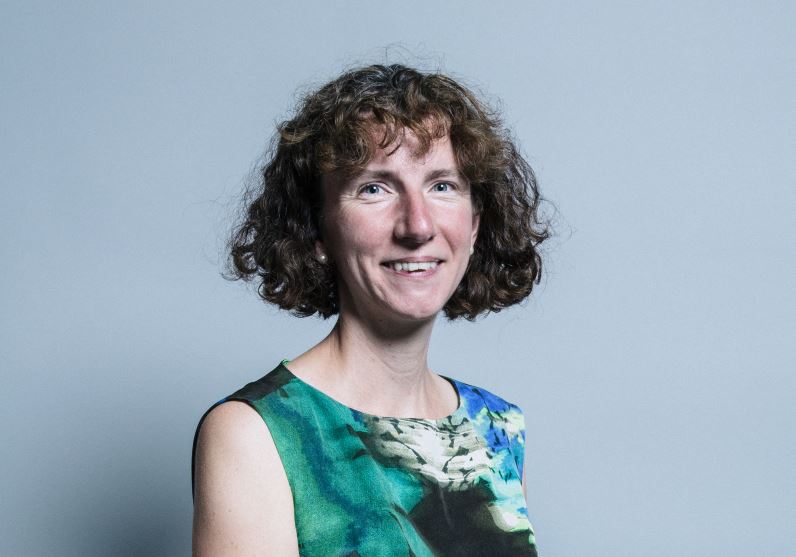
Credit: Beta.Parliament
Dodds, who became an MP in 2017, had served as a shadow treasury minister under the leadership of Jeremy Corbyn.
Before entering parliament, she spent three years as an MEP, serving on the European parliament’s economic and monetary affairs committee, with a focus on corporate tax avoidance.
The 42-year-old was raised in Aberdeen, moving to England to pursue a degree at Oxford university in the politicians’ traditional subject of politics, philosophy and economics. She took a PhD and became an academic, focusing on public policy.
She has consistently voted for laws to promote equality and human rights. Hansard records indicate that she has spoken directly about human rights on at least nine occasions during parliamentary sessions.
In 2018 she took part in a debate on the Windrush scandal, in which people who arrived in the UK as children in the first wave of Commonwealth immigration who were wrongly threatened with deportation.
She said: “First, we need to understand what has happened and who took which decisions, when and how,”
“We need that information because we need to prevent people’s human rights from being overridden by bureaucratic fiat yet again—I am not convinced that will not reoccur.”
Nick Thomas-Symonds – shadow home secretary
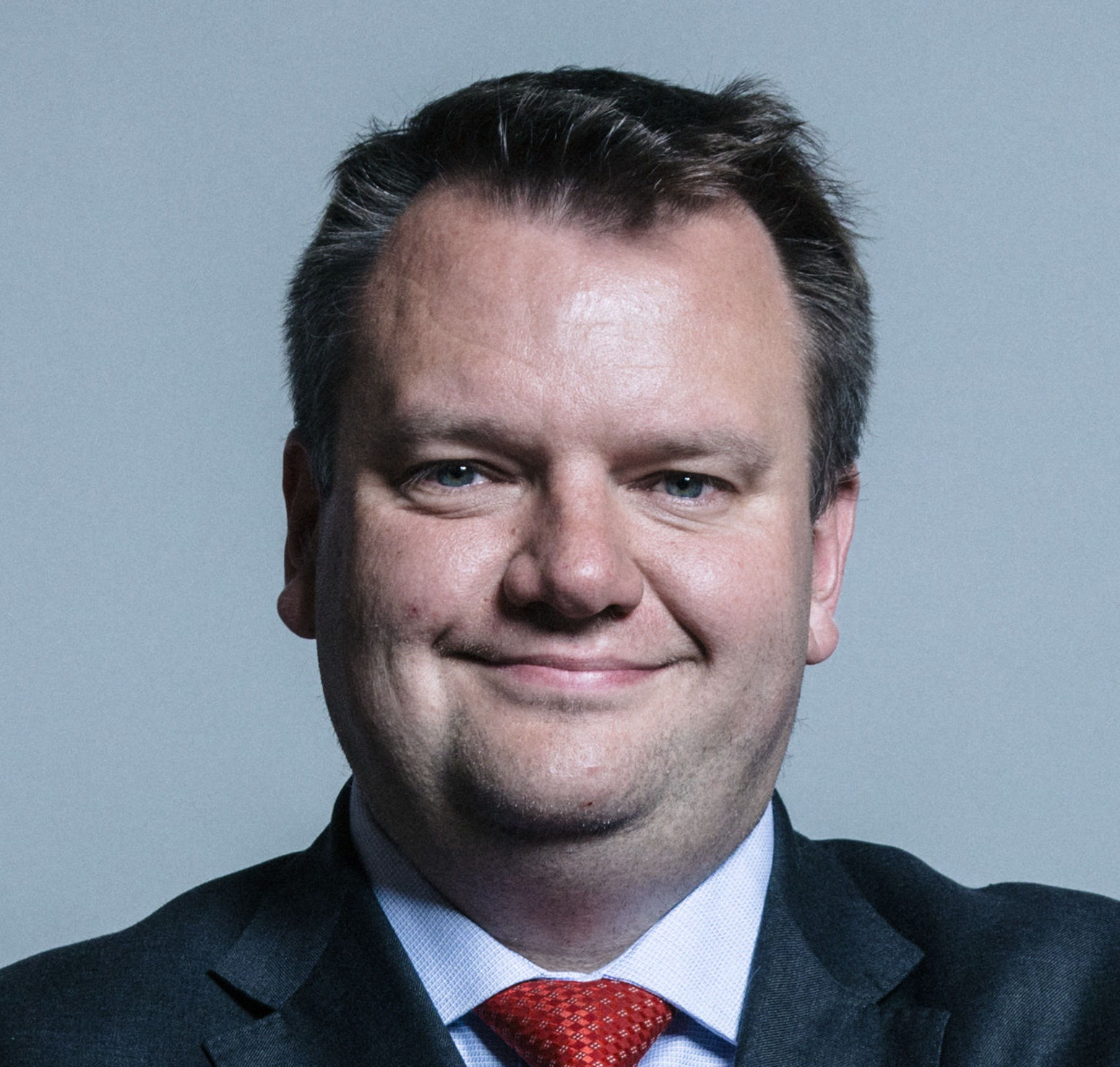
Nick Thomas-Symonds. Credit: Beta. Parliament
Thomas-Symonds, who was first elected MP in 2015, served as both shadow solicitor general and a shadow security minister in Jeremy Corbyn’s cabinet.
He will now be tasked with holding to account his Conservative counterpart Priti Patel – whose brief includes immigration enforcement, policing and counter-terror policy.
The 39-year-old has been an outspoken critic of the government’s Prevent anti-extremism programme. The programme has been accused of discriminating against Muslim people and invading privacy.
He has consistently voted in favour of laws to promote equality and human rights and voted against voluntary euthanasia. Hansard records indicate he has spoken directly about human rights on at least 42 occasions in Parliament, on topics ranging from trade deals to domestic abuse.
In February this year, he spoke in defence of the Human Rights Act – which brings into UK law the protections in the European Convention of Human Rights and which the Conservative party had pledged to “update”.
He said: “It protects respect for life and is against torture and servitude. It protects liberty and security, and the right to a fair trial and not to have legislation applied retroactively.
“It protects the right to privacy, freedom of conscience and religion, and freedom of expression and association.
“It protects the right to get married if one wishes to, and provides effective remedies and protection against discrimination. Who could disagree with any of that?”
Like Starmer, the 39-year-old also worked as a lawyer before entering into politics.
He lives in Abersychan with his wife and two daughters.
John Ashworth – shadow health secretary
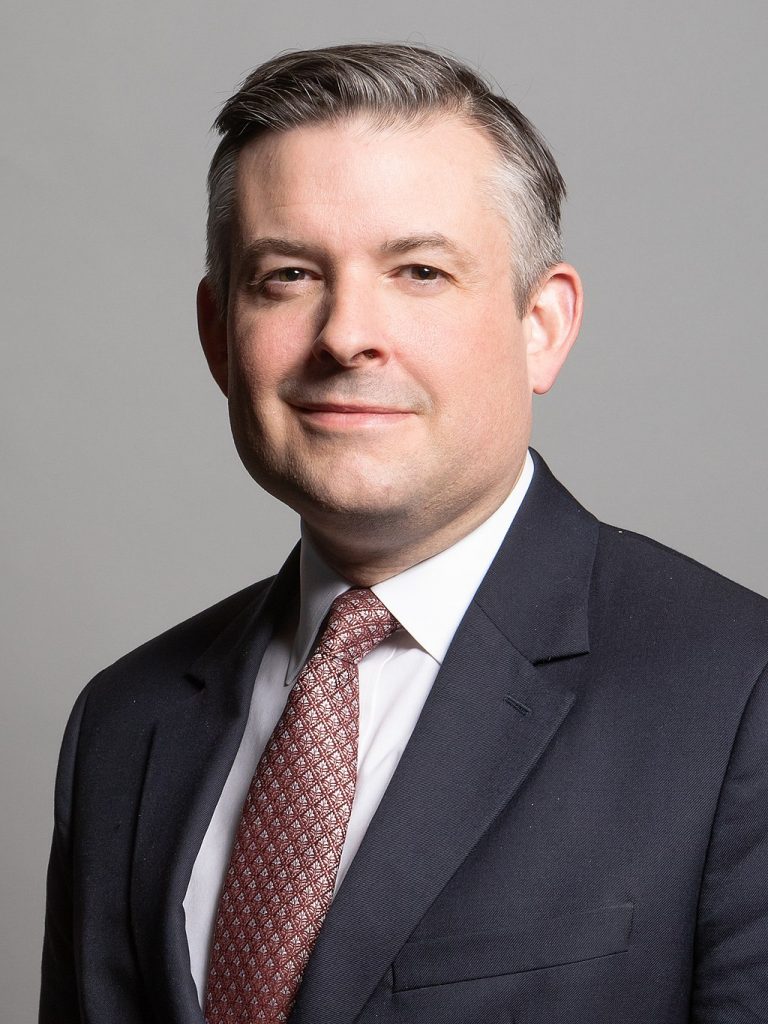
John Ashworth. Credit: Richard Townshend / Creative Commons
John Ashworth has served as shadow health secretary since October 2016 – making him one of the longest-serving members of the shadow cabinet.
He has almost always voted for laws to promote equality and human rights and voted against voluntary euthanasia. Hansard records show he has spoken directly about human rights in parliament on at least ten occasions.
He was vocal about the Coronavirus Act – a law which has granted the government “unprecedented” powers to deal with the outbreak – scrutinising its impact on disabled and older people in Parliament.
He warned that the Act “downgrades” the level of support which local authorities are legally obliged to provide older and disabled people and suggested the Equality and Human Rights Commission (EHRC) to be tasked with overseeing the impact this has on social care provision.
Before being elected as Leicester South MP at a 2011 by-election, Mr Ashworth worked as an advisor for Gordon Brown.
He has been vocal about the need for government action to protect children whose parents abuse alcohol, drawing from personal experience.
Angela Rayner, deputy leader and chair of the Labour Party
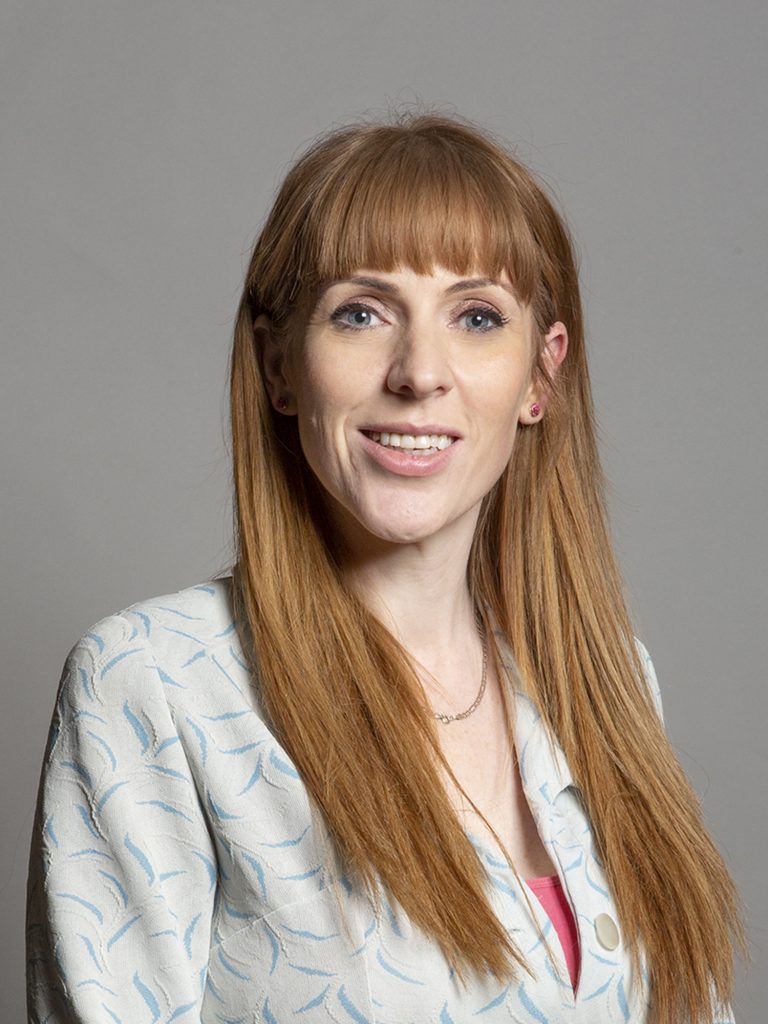
Angela Rayner. Credit: David Woolfall / Creative Commons
Angela Rayner, who became MP in 2015, served as shadow education secretary under Jeremy Corbyn.
During the race for deputy leader, she said: “We need a Deputy Leader who can unite our party and get us ready to defend our values and human rights against a Tory onslaught.
“We need to reconnect with our communities, rebuild our movement and make the case for a more equal and just society in Parliament and in our communities.”
She has previously said that she wanted more funding for the NHS and social care and to establish a “National Education Service”.
Rayner has consistently voted for laws to promote equality and human rights. Hansard records indicate she has spoken about human rights directly on three occasions in parliament on topics ranging from public services to arms sales.
At last year’s Labour party conference, she unveiled a pledge to abolish private schools which in the end was not included in the party’s election manifesto. Critics have argued that it could violate Article 2 of the first protocol of Convention on Human Rights. This guarantees parents the right to “ensure that their religious and philosophical beliefs are respected during their children’s education”.
Rachel Reeves, deputy chancellor of the Duchy of Lancaster
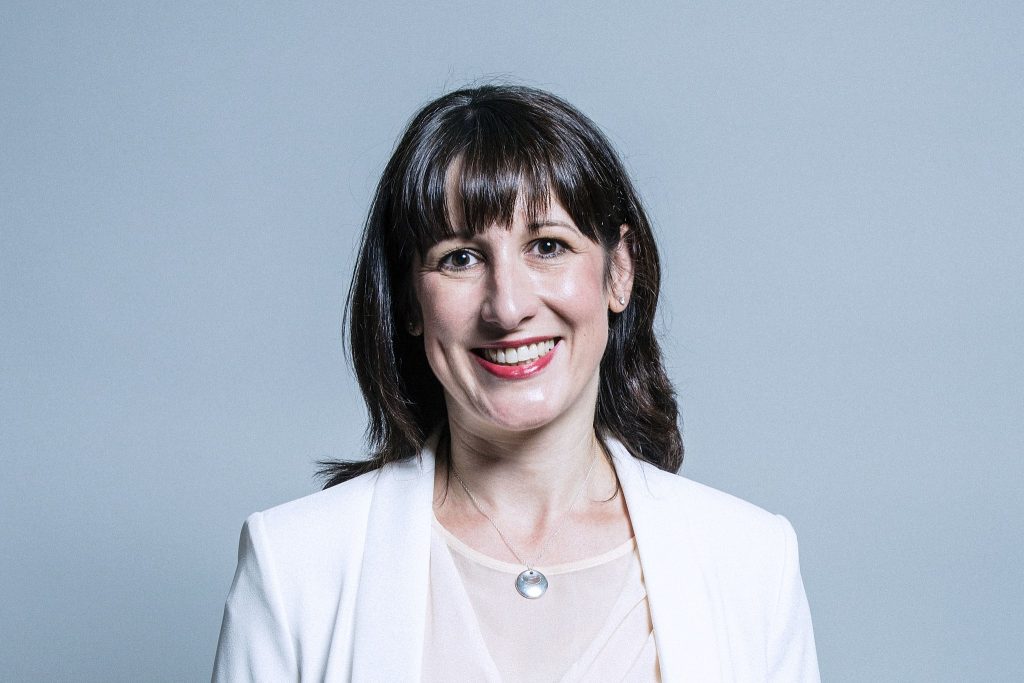
Rachel Reeves. Credit: Chris McAndrew / Creative Commons
Rachel Reeves first became an MP in 2010 and served as shadow work and pensions secretary from October 2013 to June 2015 under Ed Miliband’s leadership.
Hansard records indicate she has never explicitly referred to “human rights” while speaking in Parliament but has generally voted in favour of laws to promote equality and human rights.
In a 2014 speech on welfare and social security reform, she said: “Now it’s important to say at the outset that there will always be people who cannot do paid work, because of illness or disability.
“And it is part of our responsibility to them to make their rights a reality: rights to dignity and respect, to a decent standard of living, and to the resources and support that can empower them to contribute and participate equally and fully in society.”
She said it’s right to: “protect the integrity of our social security system and reassure people that it is not open to abuse”.
In 2014, she has pledged to clamp down on tax credits for working EU migrants and a year earlier said the party would be tougher than the Tories on slashing the government’s benefits bill.
After going on maternity leave, she did not return to the shadow cabinet after Jeremy Corbyn was elected leader in 2015.
Before being elected in 2010, she was an economist in London and Washington DC.
Full shadow cabinet
- Keir Starmer, leader of the opposition.
- Angela Rayner, deputy leader and chair of the Labour party.
- Anneliese Dodds, shadow chancellor of the exchequer.
- Lisa Nandy, shadow foreign secretary.
- Nick Thomas-Symonds, shadow home secretary.
- Rachel Reeves, shadow chancellor of the Duchy of Lancaster.
- David Lammy, shadow justice secretary.
- John Healey, shadow defence secretary.
- Ed Miliband, shadow business, energy and industrial secretary.
- Emily Thornberry, shadow international trade secretary.
- Jonathan Reynolds, shadow work and pensions secretary.
- Jonathan Ashworth, shadow secretary of state for health and social care.
- Rebecca Long-Bailey, shadow education secretary.
- Jo Stevens, shadow digital, culture, media and sport.
- Bridget Philipson, shadow chief secretary to the Treasury
- Luke Pollard, shadow environment, food and rural affairs secretary.
- Steve Reed, shadow communities and local government secretary.
- Thangam Debbonaire, shadow housing secretary.
- Jim McMahon, shadow transport secretary.
- Preet Kaur Gill, shadow international development secretary.
- Louise Haigh, shadow Northern Ireland secretary (interim while Tony Lloyd is in hospital being treated for coronavirus).
- Ian Murray, shadow Scotland secretary.
- Nia Griffith, shadow Wales secretary.
- Marsha de Cordova, shadow women and equalities secretary.
- Andy McDonald, shadow employment rights and protections secretary.
- Rosena Allin-Khan, shadow minister for mental health.
- Cat Smith, shadow minister for young people and voter engagement.
- Lord Falconer, shadow attorney general.
- Valerie Vaz, shadow leader of the house.
- Nick Brown, opposition chief whip.
- Baroness Smith, shadow leader of the Lords.
- Lord McAvoy, Lords’ Opposition chief whip.

